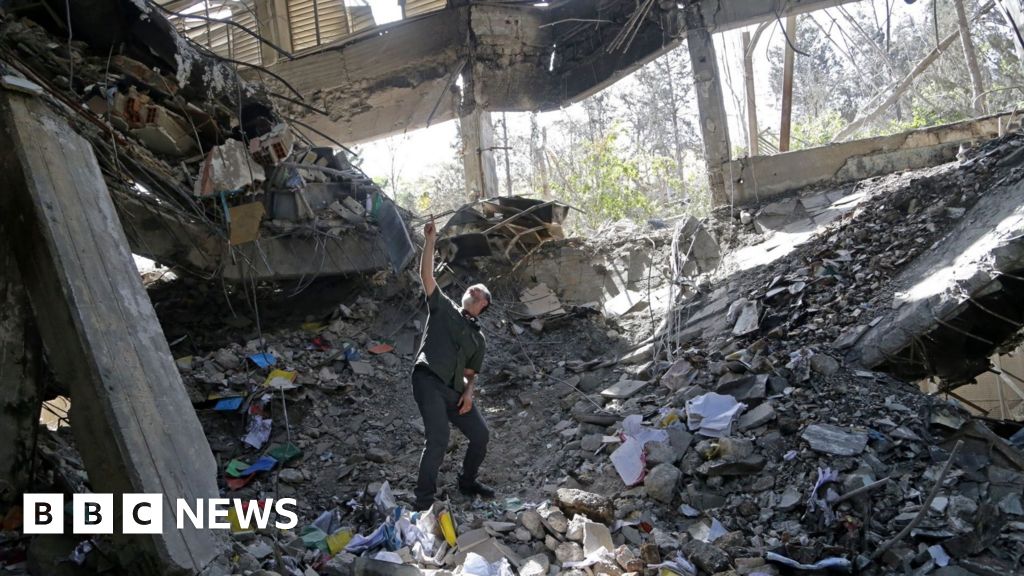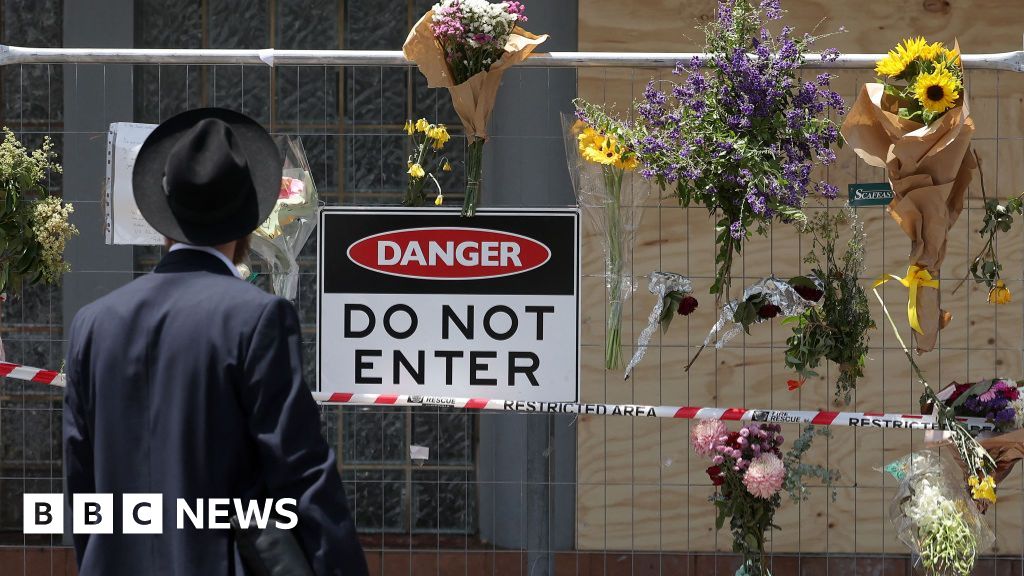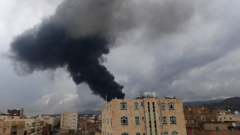The Atomic Energy Organization of Iran is currently assessing the full extent of the damage, with Araghchi emphasizing that the destruction is considerable. “Our facilities have been seriously damaged,” he stated during an interview aired on state television, indicating a somber acknowledgment of the situation.
In a contrasting narrative, Ayatollah Khamenei had claimed that the American strikes did not achieve significant results and labeled assertions from President Trump regarding the obliteration of nuclear sites as “exaggerated.” This dichotomy highlights the tension and issues of credibility within Iran's leadership following the attacks.
Further complicating matters, Araghchi hinted at potential complications in Iran's relationship with the International Atomic Energy Agency (IAEA). He suggested that Iran might cease cooperation with the agency and questioned the likelihood of allowing access to its nuclear facilities by IAEA inspectors, particularly directing criticism towards the agency’s director, Rafael Grossi.
Additionally, the Iranian Guardian Council approved a hard-liner-backed bill to halt cooperation with the IAEA, a legislative move seen as a direct response to the U.S. bombing of the nuclear sites at Fordo, Natanz, and Isfahan over the past weekend. The rapidly escalating rhetoric and legislative actions point to a significant shift in Iran’s nuclear diplomacy following the recent military engagement.
In a contrasting narrative, Ayatollah Khamenei had claimed that the American strikes did not achieve significant results and labeled assertions from President Trump regarding the obliteration of nuclear sites as “exaggerated.” This dichotomy highlights the tension and issues of credibility within Iran's leadership following the attacks.
Further complicating matters, Araghchi hinted at potential complications in Iran's relationship with the International Atomic Energy Agency (IAEA). He suggested that Iran might cease cooperation with the agency and questioned the likelihood of allowing access to its nuclear facilities by IAEA inspectors, particularly directing criticism towards the agency’s director, Rafael Grossi.
Additionally, the Iranian Guardian Council approved a hard-liner-backed bill to halt cooperation with the IAEA, a legislative move seen as a direct response to the U.S. bombing of the nuclear sites at Fordo, Natanz, and Isfahan over the past weekend. The rapidly escalating rhetoric and legislative actions point to a significant shift in Iran’s nuclear diplomacy following the recent military engagement.














